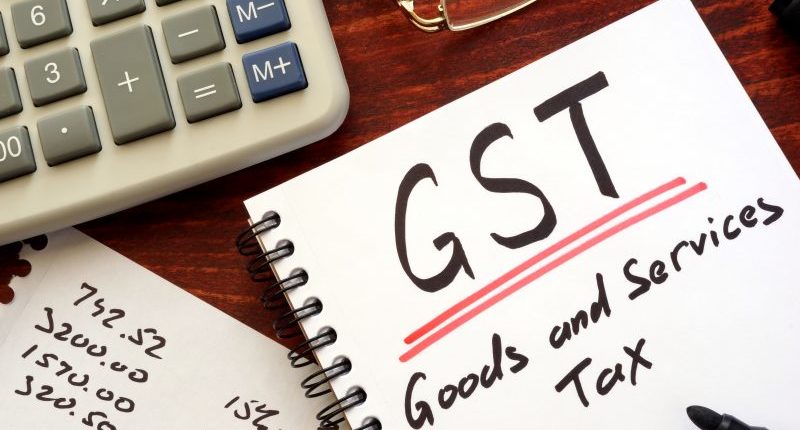GST Council to make gradual changes in the tax system
The GST Council will implement new changes in the indirect tax system to avoid disruption as the economic growth has slowed down. Big companies will also have to file their GST returns in the new format.
The authorities were estimated to enforce strict measures to shore up revenue receipts, specifically with the two-year transition period for GST ending in June. However, the Council has decided that changes in the tax system and steps to apply compliance should be gradual to avoid backlash.
Currently, the goal of BJP is to enhance the economic growth and dodge confusion on account of taxation. The state and Union governments share voting rights in the Council and cannot get decisions approved without mutual support.
The GST Council had recommended a pilot returns system from April and compulsorily by July 1. It will soon confirm the details of the rollout of the new returns.
Read More: New government to focus on improving the GST coverage
“The move is being made against the backdrop of the problems that businesses had faced initially in the GST regime that forced authorities to suspend or modify some of the self-policing features of GST and defer return filing deadlines several times,” an official familiar with the discussions in the meeting said on condition of anonymity.
Both the governments focused on established businesses rather than enforcing changes in the transition phase coupled with tax rate cuts. As a result, the governments collected Rs 22,000 crore instead of the targeted Rs 12 trillion for FY2019.
The Council authorities believe that the answer to the shortfalls in not an aggressive enforcement. Boosting the economic growth, which decelerated to 6.6% in the third quarter of FY2019 from 8.3% in the last quarter of FY2018, is a priority for the National Democratic Alliance government.
Recently, the centre authorised the IT department to share details of sales and profits that companies reported in IT return with GSTN, to increase scrutiny.
The GST Council has also implied that structural changes to GST such as the addition of petrol, diesel, and jet fuel along with the merging of the two standard rates of 12% and 18% will be a gradual process. There will not be any significant GST rate reduction anytime soon, given the centre’s revenue requirements for welfare schemes.

An Editor by day and a sloth by night…I would love to eat and sleep throughout the day if given a chance…I enjoy reading and love my job and my team at ClearTax.




